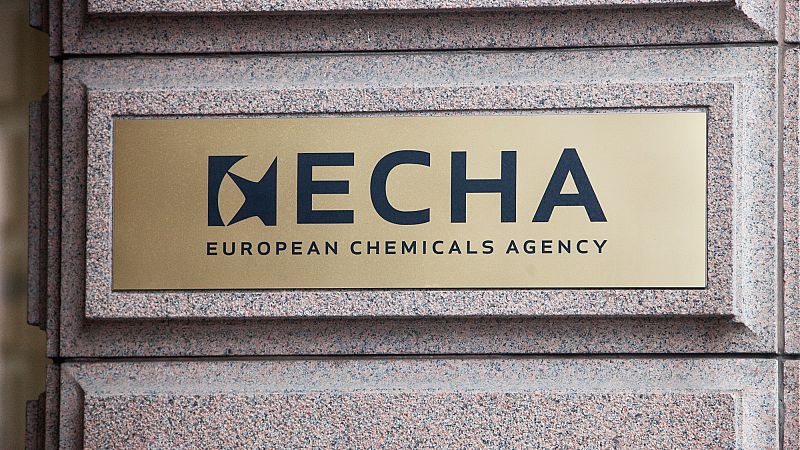Crackdown on 'forever chemicals' expands ahead of EU rules overhaul

The European Chemicals Agency (ECHA) on Wednesday expanded its proposal to restrict so-called “forever chemicals” from eight new industrial and commercial sectors as the long-awaited revision of the EU’s flagship chemical safety law, REACH, continues to gather pace.
First manufactured in the 1940s, per- and polyfluoroalkyl substances (PFAS) are prized for their water, grease, and heat resistance, making them essential in everything from non-stick cookware and waterproof clothing to semiconductors and firefighting foams.
However, their extreme persistence in the environment has earned them the label “forever chemicals.”
Studies have linked PFAS exposure to serious health conditions, including liver disease, hormonal disruption, and certain cancers, raising alarm among scientists and regulators alike.
A restriction proposal of these chemicals was originally submitted in January 2023 by five European authorities—Denmark, Germany, the Netherlands, Norway, and Sweden.
The group of countries, collectively known as the ‘dossier submitter’, revised its plan targeting over 10,000 PFAS substances after evaluating more than 5,600 comments gathered during a public consultation.
New sectors under review
The ECHA's expanded proposal now covers printing, sealing, and machinery applications, as well as certain medical uses such as immediate packaging and pharmaceutical excipients.
Military and explosives applications are also added, alongside technical textiles and broader industrial uses, such as solvents and catalysts.
These sectors join a growing list of industries facing possible restrictions under what could become the world’s most comprehensive ban on PFAS.
While the central thrust of the proposal remains a broad ban, ECHA has also assessed more flexible regulatory options.
These include allowing continued use of PFAS in certain industries (such as electronics, energy, and transport) provided that risks can be adequately controlled.
Another updated document detailing these scenarios now serves as the basis for opinions by ECHA’s scientific committees, which may further refine the plan.
The road to REACH reform
The ultimate goal is a near-total phaseout, with time-limited derogations for essential applications in healthcare, defence, and high-tech sectors where no alternatives currently exist.
The broader revision of REACH is expected in December 2025, when the European Commission will present a formal legislative proposal, setting the course for Europe’s chemicals policy in the decades to come.
This review is expected to modernise and simplify EU rules, introducing changes such as time-limited registration validity, mandatory dossier updates, digital safety data sheets, and stronger enforcement measures.
Early drafts were already shared with national experts in April 2025, marking the final stages of internal consultation.
The Commission has already confirmed on several occasions that the REACH revision will include provisions clarifying the regulation of PFAS, though a universal restriction is expected to follow separately.
In parallel, sector-specific measures, such as the existing ban on PFAS in firefighting foams, continue to advance under the current framework.
The updated ECHA proposal marks a decisive step in what could become one of the most significant chemical regulatory efforts in Europe’s history.
Today

